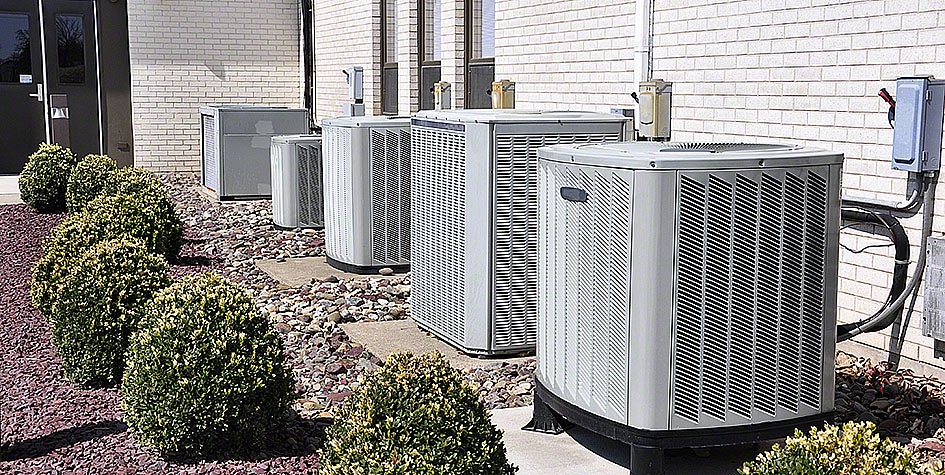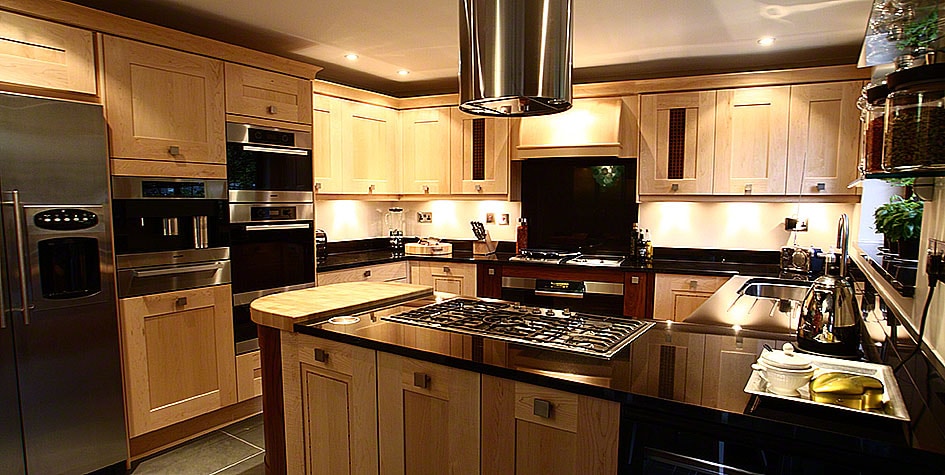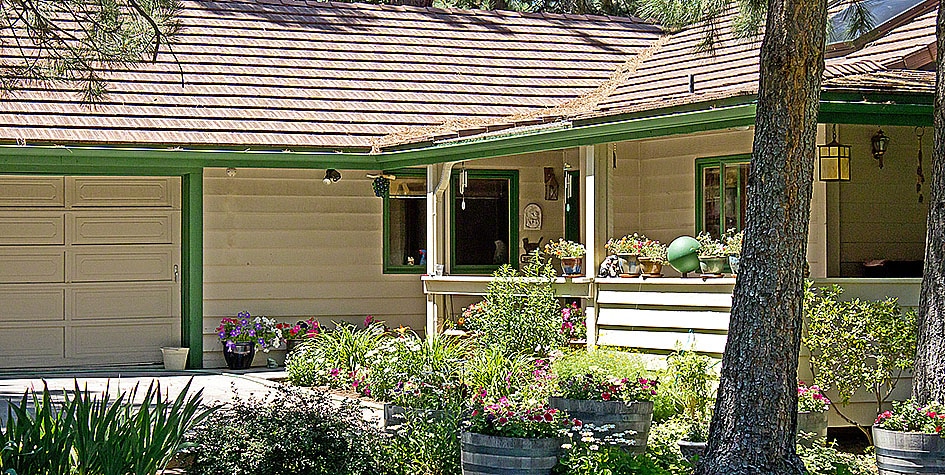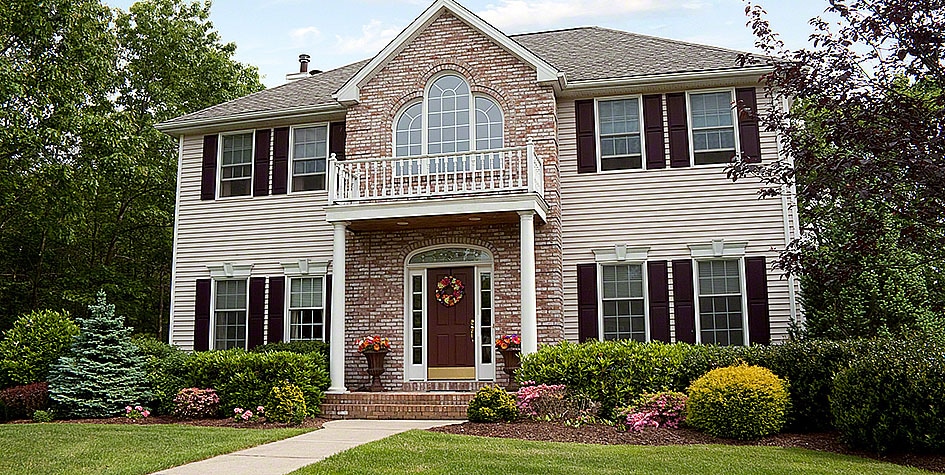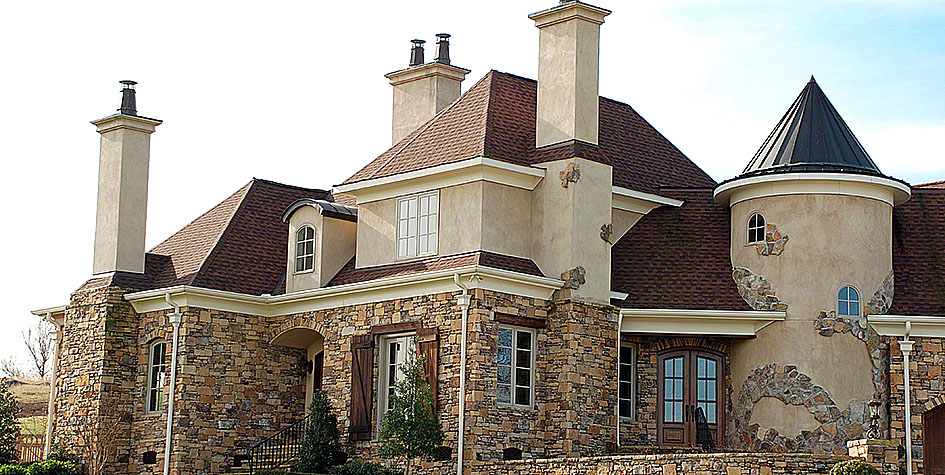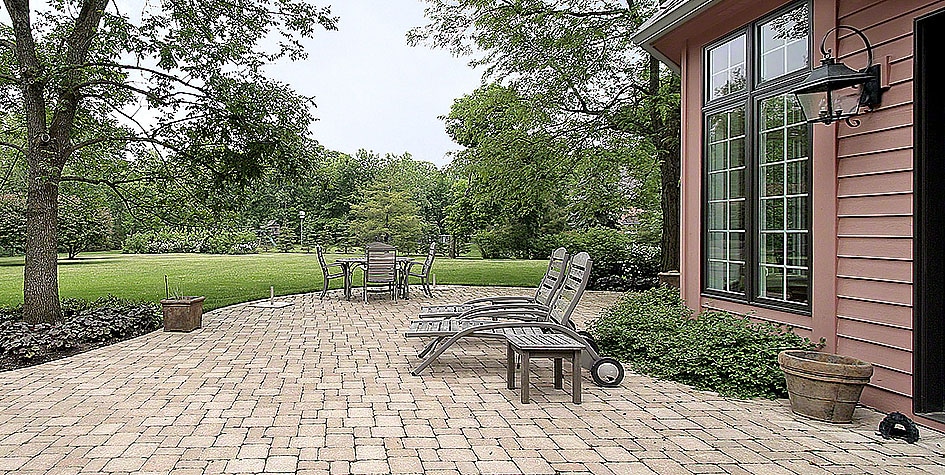Heat pumps are incredibly efficient household appliances that keep your house warm and cozy. Considering the overwhelming variety out there, choosing the right size heat pump can be a difficult task. Size is perhaps the most important factor as it is directly related to the heating capacity of the heat pump. Choosing the wrong-sized heat pump may lead to frequent heat pump repairs. So, let’s take a look into how heat pump size affects the heating in your house.
Why Does Heat Pump Size Matter?
As mentioned earlier, heat pump size is the most important factor to consider when it comes to purchasing the perfect unit for your home. Even though it is basic, surprisingly, many homeowners and even experts sometimes tend to get it wrong.
There are two problems with choosing a heat pump of the wrong size: under and over-sizing. If your heat pump is of smaller size, it will struggle to keep your house warm. Not only that, it will utilize more electricity as it will take much more time for it to achieve the desired temperature. There will be an uptick in your monthly energy bills.
On the other hand, if you choose an oversize heat pump, it will kick on and off frequently. In countries where humidity is already a problem, oversize heat pumps can add to it as they act as dehumidifiers. With a proper size heat pump, your house will remain comfortable as the unit will pull moisture from the air.
However, in the case of an oversize heat pump, it will only lead to a buildup of moisture. So, if you observe cold and hot spots in your house, it probably means the heat pump is not of the right size.
How To Size A Heat Pump?
Perhaps the best and easiest way to size a heat pump is by consulting an experienced contractor or getting an energy audit done. In either case, an expert will show up to your house and will perform what is called a blower door test.
The blower door test combined with other important factors such as the climate helps produce a Manual J Load Calculation, which is the industry standard to size an HVAC system. The energy audit will provide accurate readings that will help you pick the perfect heat pump size.
Another way of sizing a heat pump is by using smart thermostat data. First, you will need to find out how many BTUs of heat your furnace produces or offers. Next, you should figure out the design temperature. And finally, you should figure out how many hours your furnace runs at that design temperature.
If you were to add up the numbers, you will calculate your home’s heating load. Plus, there are smart apps available online as well that can help you find the best size and type for your house.
What Impacts Heat Pump Sizing The Most?
Climate
The climate holds crucial importance in terms of what impacts heat pump sizing the most. With hotter and more humid climate, you will need more cooling you will need. And you will need more heating for wetter and colder climate.
Insulation And Sealing
Insulation and sealing are another important factor that impacts the heat pump size. If your home is not insulated or the insulation has gone bad, it won’t be able to keep the warm air in. So, even if you have the perfect size heat pump, it is necessary for your house to be insulated and sealed to prevent air leaks.
Duct Efficiency
With time, the ductwork for your HVAC system is supposed to become less efficient. It is natural and you cannot do anything about it. Constant exposure to humidity and moisture impacts the lifespan. Ductwork that has cracks or holes will not be able to keep warm air in. As a result, your home will not feel as comfortable or warm as you had expected.
Final Word
The heat pump size is the single most important factor you should keep in mind while purchasing a heat pump. If you are not able to come to a decision or need help with your existing unit, consult heat pump repair services Tyson’s Corner.
Topics #choosing the correct heat pump size #heat pump repair services #how to size a heat pump #impact of heat pump size on heating #undersized heat pump
